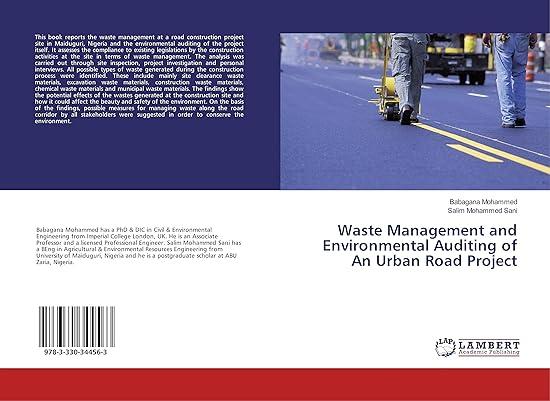Question
2. In industries that process joint products, the costs of the raw materials inputs and the sales values of intermediate and final products are often
2. In industries that process joint products, the costs of the raw materials inputs and the sales values of intermediate and final products are often volatile. Change the data area of your worksheet to match the following:
| Exhibit 12-7 Santa Maria Wool Cooperative | |
| Cost of wool | $194,000 |
| Cost of separation process | $40,000 |
| Sales value of intermediate products at split-off point: | |
| Undyed coarse wool | $119,000 |
| Undyed fine wool | $134,000 |
| Undyed superfine wool | $69,000 |
| Costs of further processing (dyeing) intermediate products: | |
| Undyed coarse wool | $50,000 |
| Undyed fine wool | $60,000 |
| Undyed superfine wool | $10,000 |
| Sales value of end products: | |
| Dyed coarse wool | $154,000 |
| Dyed fine wool | $237,000 |
| Dyed superfine wool | $88,000 |
a. What is the overall profit if all intermediate products are processed into final products?
b. What is the financial advantage (disadvantage) from further processing?
c-1. With these new costs and selling prices, what recommendations would you make concerning the companys operations?
c-2. If your recommendation in part (c-1) is followed, what would be the companys overall profi?
Step by Step Solution
There are 3 Steps involved in it
Step: 1

Get Instant Access to Expert-Tailored Solutions
See step-by-step solutions with expert insights and AI powered tools for academic success
Step: 2

Step: 3

Ace Your Homework with AI
Get the answers you need in no time with our AI-driven, step-by-step assistance
Get Started


